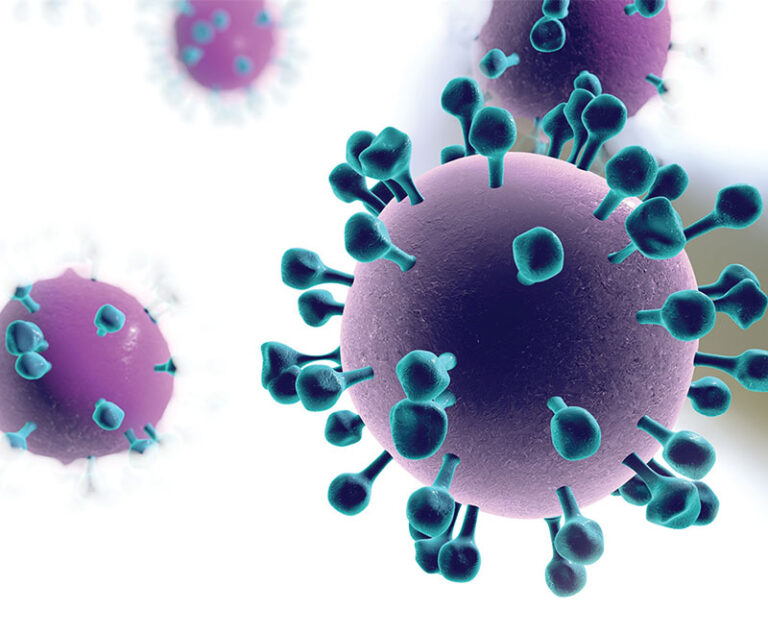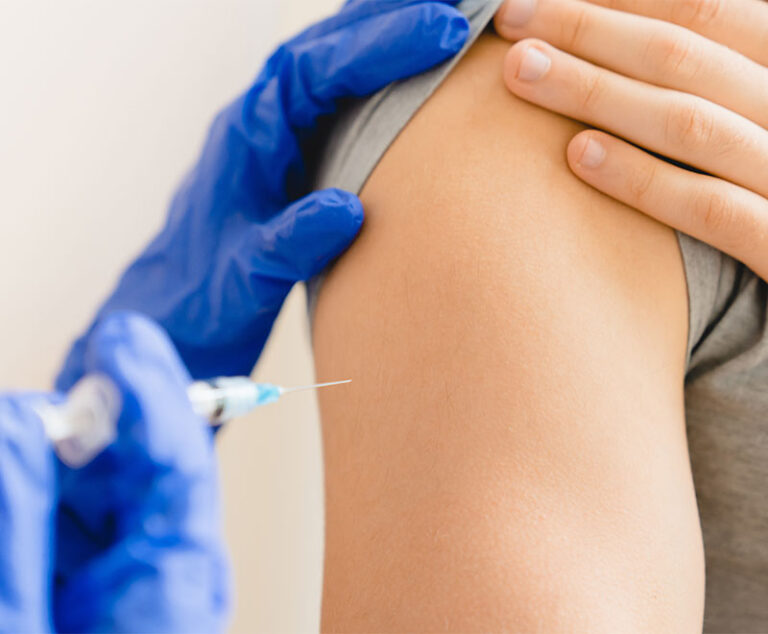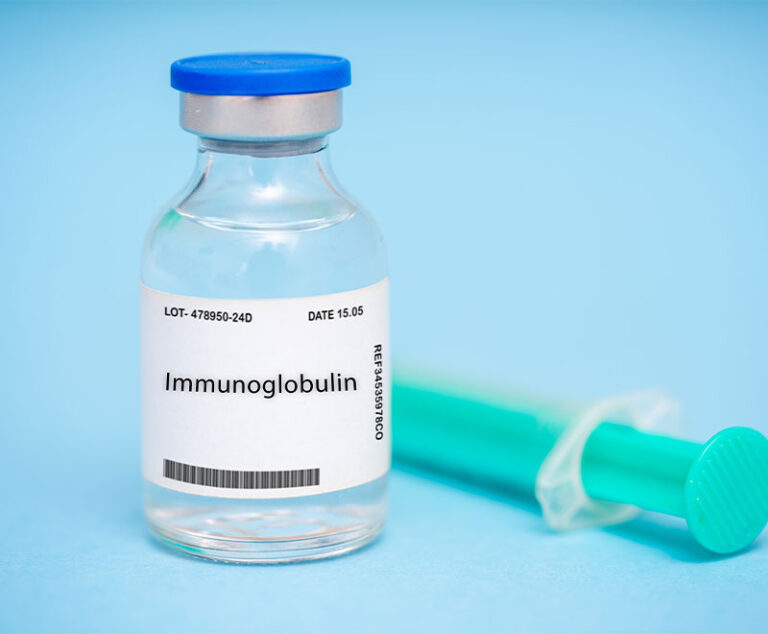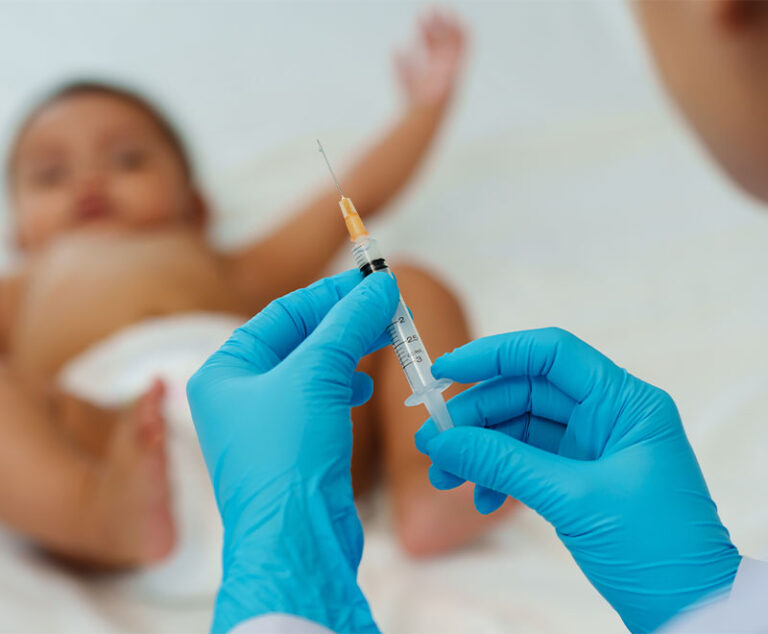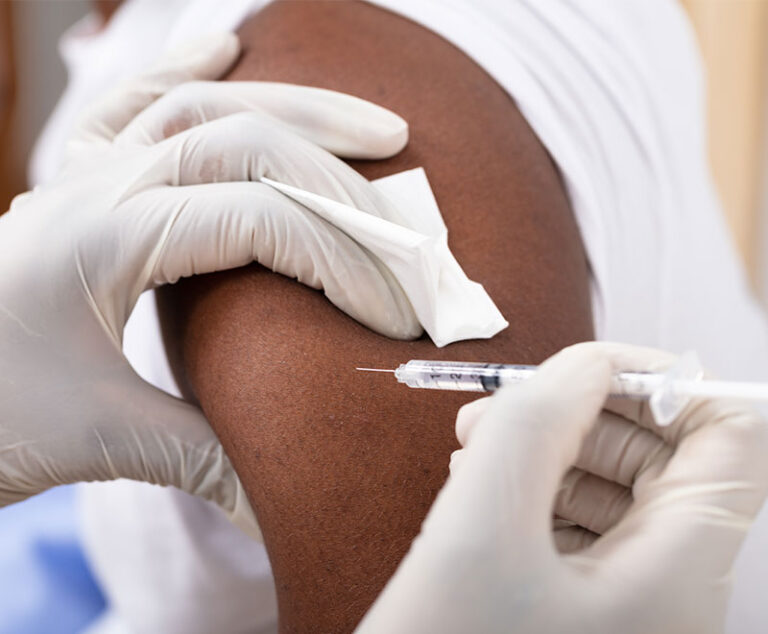Industry News
Research, Science & Manufacturer Updates
The finalized 2019 Medicare Advantage plan rates will rise an average of 3.4 percent, with other changes being implemented as well.
A pilot study conducted by U.S. investigators observed improvements in cognitive and behavioral function in 14 children with autism spectrum disorder and evidence of immune dysfunction who were administered high-dose intravenous immune globulin (IVIG) treatment over a period of 30 weeks.
New guidance from the Centers for Medicare and Medicaid Services allows work requirements to be used as a basis for eligibility for certain Medicaid beneficiaries.
The Infectious Diseases Society of America (IDSA) and Society for Healthcare Epidemiology of America (SHEA) have updated guidelines for diagnosis and management of Clostridium difficile (C. diff).
Grifols’ higher-potency rabies immune globulin (RIG), HyperRAB S/D, was made available to healthcare providers
FDA's Vaccines and Related Biological Products Advisory Committee chose the Northern Hemisphere’s 2018-19 influenza (flu) vaccine strains based on the World Health Organization’s recommendations.
A recent meta-analysis of six studies of mumps vaccine effectiveness conducted in the U.S. found protection against mumps lasts an average of 27 years after the last dose of the vaccine.
The Centers for Disease Control and Prevention advisory committee has voted 12-2 to recommend FluMist, the nasal spray version of the influenza vaccine, be used during the 2018-19 influenza (flu) season.
Discontinuation of the product is due to the preference among healthcare professionals and patients for newer, more advanced immune globulin options.
A study examined whether the vaccine schedule was associated with an increased risk of infections not targeted by vaccines and found no statistically significant differences in estimated cumulative vaccine antigen exposure through the first 23 months of life.
This first-ever prospective economic analysis by Canadian investigators found that home-based subcutaneous immune globulin (SCIG) therapy was associated with significantly lower average total nondrug costs than hospital-based intravenous immune globulin (IVIG) therapy for patients with primary immunodeficiency disorders.
The U.S. Food and Drug Administration has approved Shire’s VONVENDI, a recombinant von Willebrand factor treatment for perioperative management of bleeding in adults 18 years and older with von Willebrand disease.





